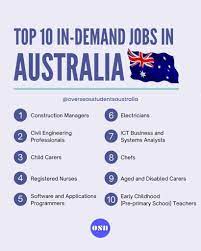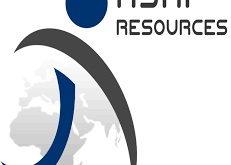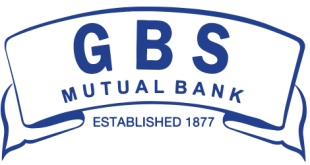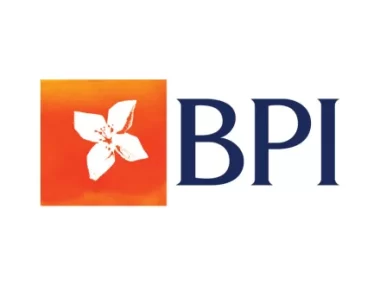How to Find the Best Jobs in Canada as an International Student
Canada is a sought-after destination for international students seeking higher education and valuable work experience. However, the cost of studying in Canada can be significant, with an average tuition fee of $27,714 per year for international students, coupled with varying living expenses depending on the city and lifestyle. Consequently, many international students seek part-time employment to cover educational and living costs.
Yet, securing suitable part-time work in Canada can pose challenges, particularly for those unfamiliar with the Canadian labor market, immigration regulations, and credential recognition procedures. Let’s delve into how international students can find the best job opportunities in Canada.
Know Your Eligibility and Rights
Before embarking on a job search in Canada, it’s crucial to ensure eligibility to work and understand rights and responsibilities as a worker. Here are key considerations:
- To work as an international student in Canada, a valid study permit permitting on or off-campus work is required. During regular academic sessions, students can work up to 20 hours per week, extending to full-time during breaks like winter and summer holidays.
- Participation in co-op or internship programs necessitates a co-op work permit alongside the study permit, limited to the academic program’s duration.
- Graduates seeking employment post-graduation must apply for a post-graduation work permit (PGWP) within 180 days of completing studies. The PGWP grants up to three years of work authorization, contingent on program duration.
- Temporary foreign workers retain the right to change employers within Canada, facilitated by resources like Job Bank. Employers are prohibited from penalizing or deporting employees for seeking alternative employment.
- Workers in Canada are entitled to fair wages, safe working conditions, and protection against discrimination and harassment. Compliance with workplace rules, regulations, and immigration status is incumbent upon employees.
Check Your Qualifications and Skills
Assessing the recognition and demand for qualifications and skills in the Canadian labor market is pivotal. Key resources include:
- The Foreign Credential Recognition Tool provides insights into occupational regulation, credential recognition timelines and costs, and job availability within or outside the field during credential review.
- The Credential Assessment Service verifies the recognition of degrees or diplomas in Canada, facilitating job applications, immigration programs, or further education.
- The Job Match Service assists in finding roles aligning with skills and qualifications. Creating a Job Bank account and uploading a resume facilitates matching with employers seeking relevant skills.
- The Skills and Knowledge Checklist aids in identifying existing and required skills, facilitating the creation of a learning plan. Access to free online courses and resources enables skill enhancement.
By understanding eligibility criteria, rights, and leveraging tools to assess qualifications and skills, international students can navigate the Canadian job market effectively, enhancing their prospects of securing suitable employment opportunities.
Search and Apply for Jobs in Canada
Once you have confirmed your eligibility and checked your qualifications and skills, you are ready to search and apply for jobs in Canada. Here are some tips and resources to help you with this:
- Use Job Bank to find jobs from employers who are recruiting foreign candidates from outside Canada. You can also use other job search websites like Indeed, Monster, and LinkedIn to find more opportunities.
- Crafting a Strong Application
To increase your chances of landing a job in Canada as an international student, focus on creating a compelling resume and cover letter that showcase your skills, accomplishments, and suitability for the position. Utilize tools like the Resume Builder and Cover Letter Tool on Job Bank to produce professional documents adhering to Canadian standards.
- Effective Interview Preparation
Prepare thoroughly for job interviews by conducting research on the company, the role, and the industry. Practice answering common interview questions and leverage resources like the Interview Assistant on Job Bank for feedback and tips to enhance your performance.
- Post-Interview Etiquette
- After the interview, maintain engagement with the employer by sending a thank-you note expressing gratitude for the opportunity and reiterating your interest in the position. Additionally, seek feedback and suggestions on how to improve your candidacy for future opportunities.
Conclusion
In this article, we’ve provided insights and tools to assist international students in securing employment opportunities in Canada. Whether studying or post-graduation, with the appropriate permits and documents, you can pursue work opportunities in Canada. Utilize platforms like Job Bank and other online resources to assess eligibility, qualifications, and skills, and to apply for roles aligned with your profile. Studying and working in Canada present excellent prospects for advancing education and career while immersing oneself in a diverse and inclusive culture.






